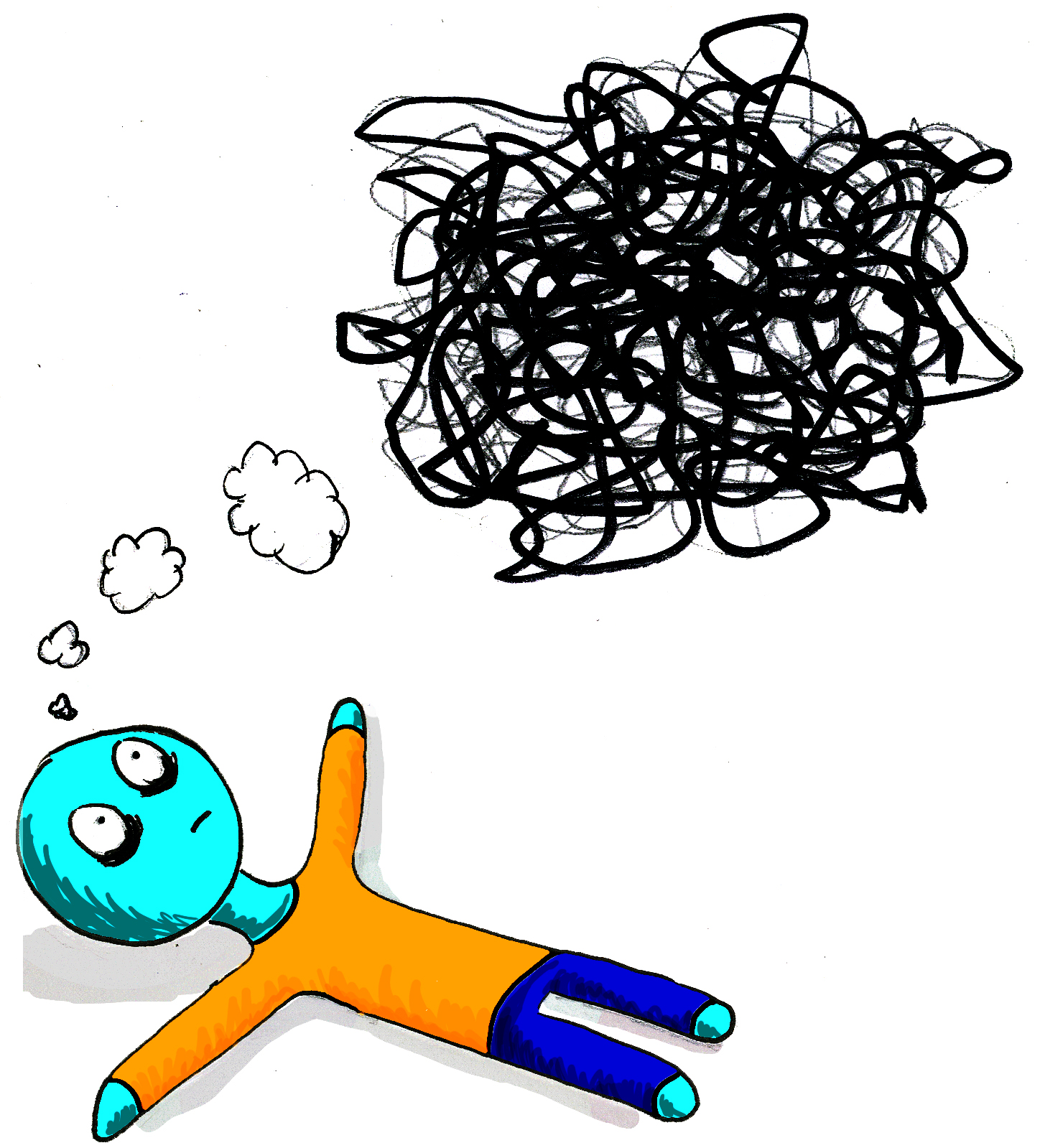Talking Mental Health: Anxiety versus stress


It will come as no surprise that stress and anxiety are very common concerns for university students.
“Anxious mood” is consistently the reason students come to Counselling Services. This mood refers to everything from stress-related concerns to anxiety disorders. The line between stress and anxiety can be fuzzy. Everyone experiences stress, and most experiences some degree of anxiety. Anxiety and stress also share similar symptoms.
Some common signs of anxiety are: increased irritability and emotionality, panicky feelings, lack of concentration, feeling unable to cope, headaches, upset stomach and muscle tension.
Behavioural fluctuations can include change in sleeping, loss of appetite, increased alcohol or drug use, social withdrawal and avoidance of daily responsibilities.
Stress differs from anxiety in that it typically depends on the circumstances of one’s life. Usually when a stressful event disappears, the stress diminishes. A common example is the high stress levels that students experience during exams, that lowers when the ‘crunch’ time is over.
Other common sources of stress for students include the challenge of deadlines and time management – having too much to do in too little time; change or transition, such as coming to university for the first time or starting a new academic program; and setbacks or unexpected negative events such as a breakups, family illness or health concerns.
The ability to cope with stress is partly determined by personality factors. Those with a ‘Type A’ personality, which includes competitiveness, perfectionism and having difficulty relaxing, may be more apt to experience chronic stress.
Personality traits such as optimism and resilience (the ability to adapt to change, setbacks and mistakes) are advantageous. Even if optimism and resilience don’t come naturally to you, they are characteristics that can be developed.
The key to surviving or even thriving in university is to discover your optimal stress level. This is the level of stress at which you are challenged, motivated and stimulated but still feel within your ability to cope without developing serious or chronic anxiety.
Anxiety, like stress, can occur at varying levels of intensity. Anxiety puts you into “fight or flight” mode, as an attempt to protect you from threatening situations.
Everyone has anxious thoughts and feelings sometimes. However, anxiety can also arise from fears that are not accurate or rational but are based more on interpretations or predictions rather then what is happening in the moment.
When anxiety becomes more intense and when it has a significant impact on daily function, it might be a diagnosable anxiety disorder. Examples include panic disorder, social anxiety, Obsessive Compulsive Disorder (OCD), and generalized anxiety disorder.
If you would like your symptoms of anxiety assessed, you can go to Health Services or your family doctor, where you might be referred to a psychiatrist. Many steps can be taken to manage your stress and protect against debilitating anxiety.
At the top of the list is self-care, which involves establishing a routine of regular sleep, healthy eating and exercise and finding balance between work and other activities.
Self-care includes monitoring alcohol, caffeine and drug use and evaluating what else might contribute to your anxiety.
Time management is equally important. This involves planning ahead to be prepared for busier times; it also means keeping procrastination to a minimum. Self awareness can help you identify your warning signs, like if you get headaches when stressed. It is similarly important to know your personal limits, like how much you can take on and not compare your limits and to others’.
At Counselling Services, we do not provide diagnoses, but wew can help you learn more about anxiety and how to manage it.
Talk to a trusted friend or family member about what you are experiencing. If you get to a point where you cannot cope on your own or if anxiety is chronic, you might benefit from professional support.
Visit us at www.wlu.ca/counselling.



